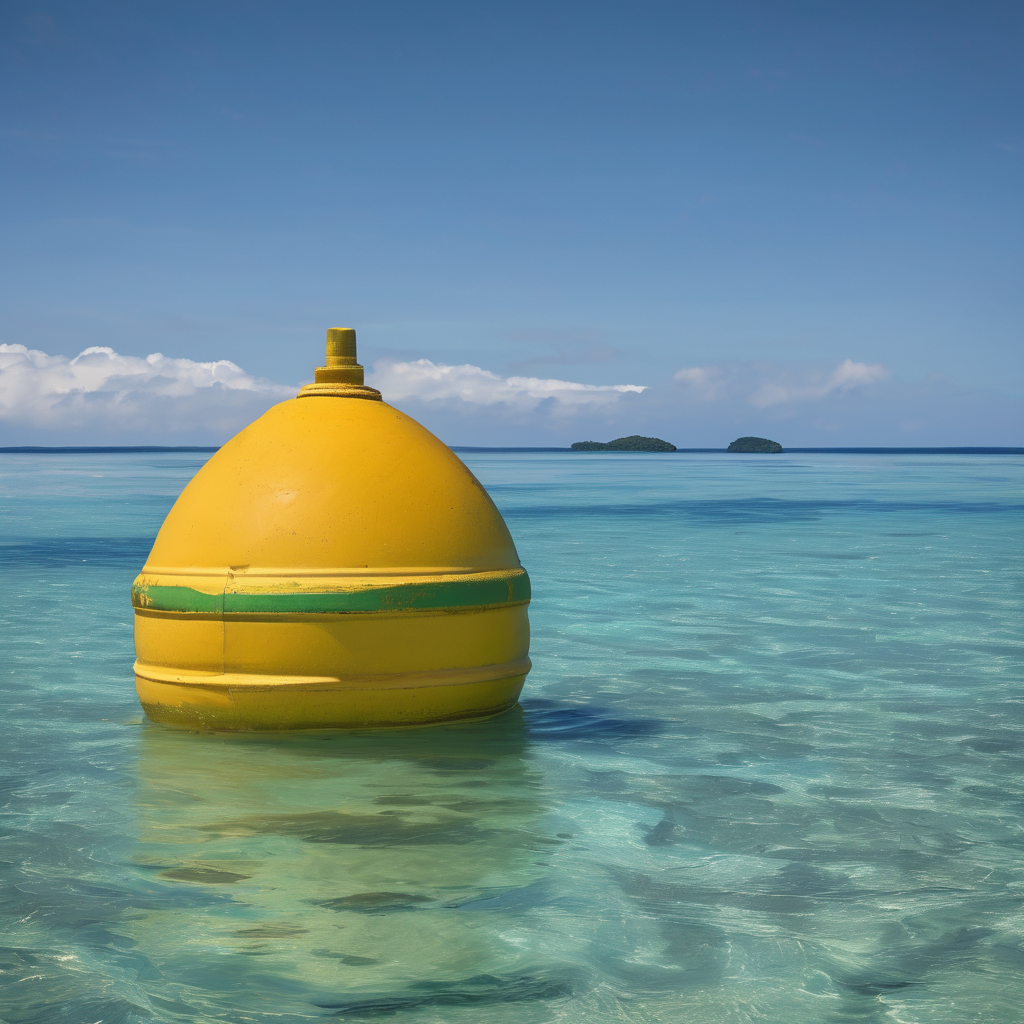Palau’s Senate has reaffirmed its decision to reject the U.S. government’s proposal to resettle asylum seekers in the island nation, as articulated by Senate President Hokkons Baules. This response comes as a follow-up to an appeal from President Surangel Whipps Jr., who sought further consideration of the proposal.
In his letter, dated October 3, 2025, Whipps planned to create a working group to explore the possibility of resettling deportees and to align the proposal with Palau’s interests. However, Baules reiterated the Senate’s unwavering stance, emphasizing concerns over the potential strain that housing refugees could impose on Palau’s limited resources and fragile economy. The Senate position remains consistent with earlier recommendations communicated in July, where both the legislature and the Council of Chiefs expressed similar apprehensions.
The U.S. proposed that Palau accept a number of deportees whose humanitarian residency applications had been denied, yet the initial proposal lacked accompanying funding for necessary support systems for the asylum seekers. This inadequacy raised significant concerns regarding how Palau would manage and care for such individuals and highlighted the lack of a legal framework necessary for such an arrangement. Additionally, Palau’s non-signatory status to the United Nations Convention Relating to the Status of Refugees presents further complications.
Baules, along with House Speaker Gibson Kanai, indicated that while Palau values its partnership with the U.S., the asylum seeker proposal is untenable for the island nation. They stressed the importance of respecting Palau’s decision on the matter, illustrating the delicate balance between international obligations and national capacities.
The issue pertains to broader trends in U.S. immigration policy, particularly during the Trump administration, which has faced scrutiny over its strict deportation measures. This proposed resettlement of asylum seekers to Palau mirrors past instances where the U.S. attempted to designate small Pacific nations as destinations for those deemed unwanted, echoing historical instances such as the resettlement of Uighurs from Guantanamo Bay to Palau in 2009.
As Palau navigates its position amidst geopolitical pressures, the Senate’s stance highlights the importance of prioritizing local interests and ensuring that any decisions align with the nation’s capacities and values. While the immediate outcome appears challenging, it opens up dialogue about humanitarian responsibilities and the role of smaller nations in the global asylum discourse.
The situation in Palau reveals the complexities in handling asylum and deportation issues, yet remains hopeful as leaders seek collaborative solutions that put the well-being of their citizens first while still maintaining international partnerships.
